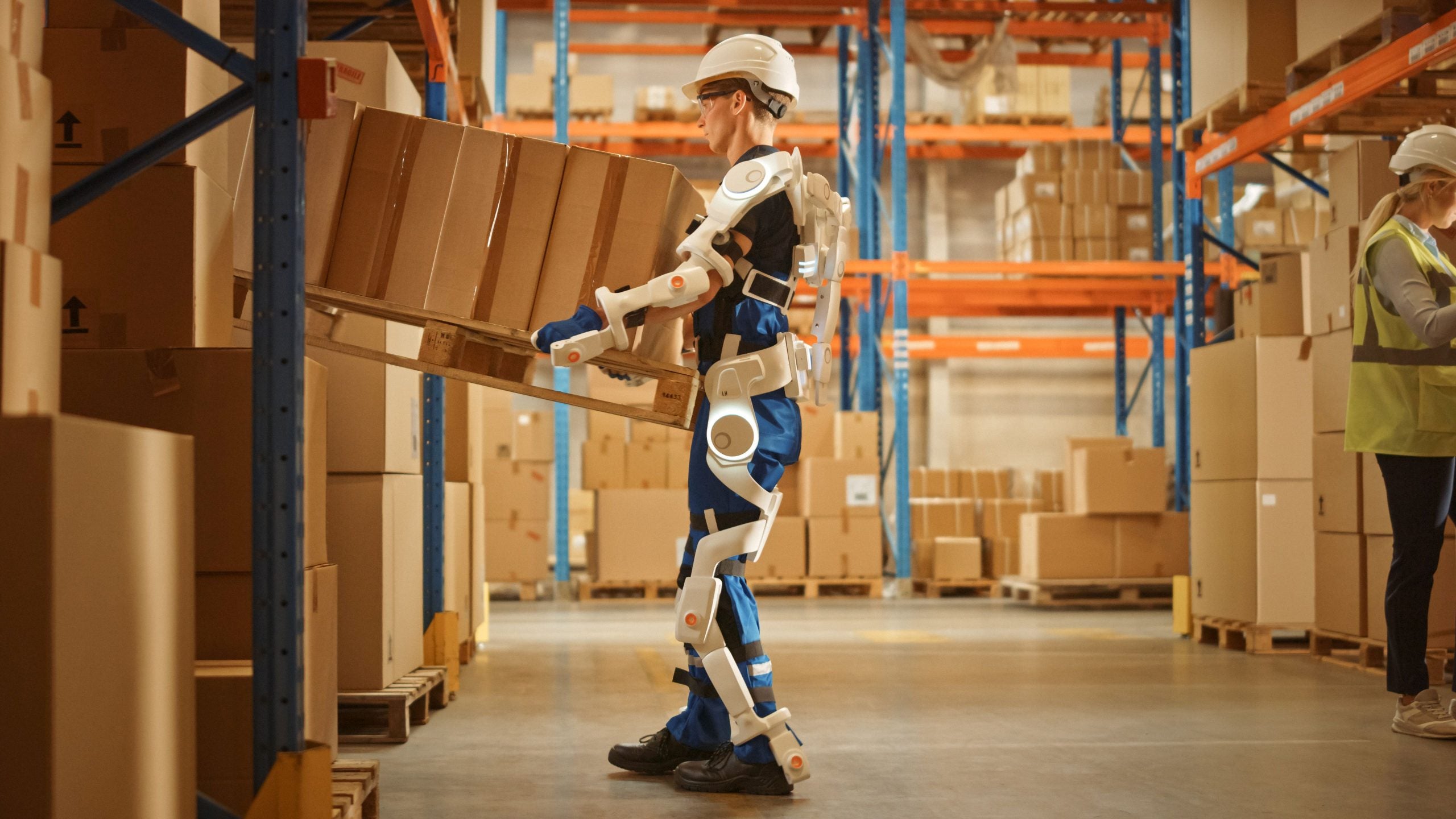
Cambridge-based startup Verve Motion, a pioneer in developing robotic exosuits aimed at enhancing the capabilities of workers in physically demanding roles, has successfully raised £15m ($20m) in a Series B funding round.
The investment was led by Safar Partners, with notable participation from Cybernetix Ventures, Construct Capital, Pillar VC, OUP, and prominent angel investors, including Frederic Kerrest, co-founder of Okta.
The latest infusion of capital, bringing Verve’s total funding to £30m is earmarked for amplifying the company’s market presence and bolstering its manufacturing endeavours, Ignacio Galiana, co-founder and CEO of Verve Motion, told TechCrunch.
Founded in 2020, Verve Motion traces its roots back to the Harvard-run biodesign lab at the Wyss Institute and School of Engineering and Applied Sciences.

Access deeper industry intelligence
Experience unmatched clarity with a single platform that combines unique data, AI, and human expertise.
The company was originally developed as part of a DARPA-funded initiative in collaboration with the National Science Foundation and the National Institutes of Health. Verve’s technology was aimed at mitigating fatigue and injury risks for military personnel tasked with handling hefty loads.
The Verve exosuit is designed as a customisable backpack, equipped with sensors that capture both productivity metrics and potentially risky movements, such as excessive bending and twisting.
Despite these claims, concerns have been raised about the widespread adoption of exosuits in the workplace. Issues such as privacy, given the constant tracking of movements, and the lack of long-term studies on the impact of exosuits on workers over ten years or more, present challenges.
Additionally, Verve faces competition in the exosuit market from companies like German Bionic and Ottobock’s SuitX.
However, Verve Motion has made strides in the market, having sold around 1,000 exosuits and initiated pilot programs with major chains such as Albertsons and Wegmans.
Industrial robot revenues are forecasted to hit $23.8bn in 2023 and rise at a 10% compound annual growth rate between 2023 and 2030, according to research firm GlobalData.
The exoskeleton market, meanwhile, recorded revenues of $520m in 2023, with GlobalData estimating revenue to grow by 38% between 2023 and 2024. Exoskeletons are used primarily in healthcare, defence, and industrial scenarios.

US Tariffs are shifting - will you react or anticipate?
Don’t let policy changes catch you off guard. Stay proactive with real-time data and expert analysis.
By GlobalData






